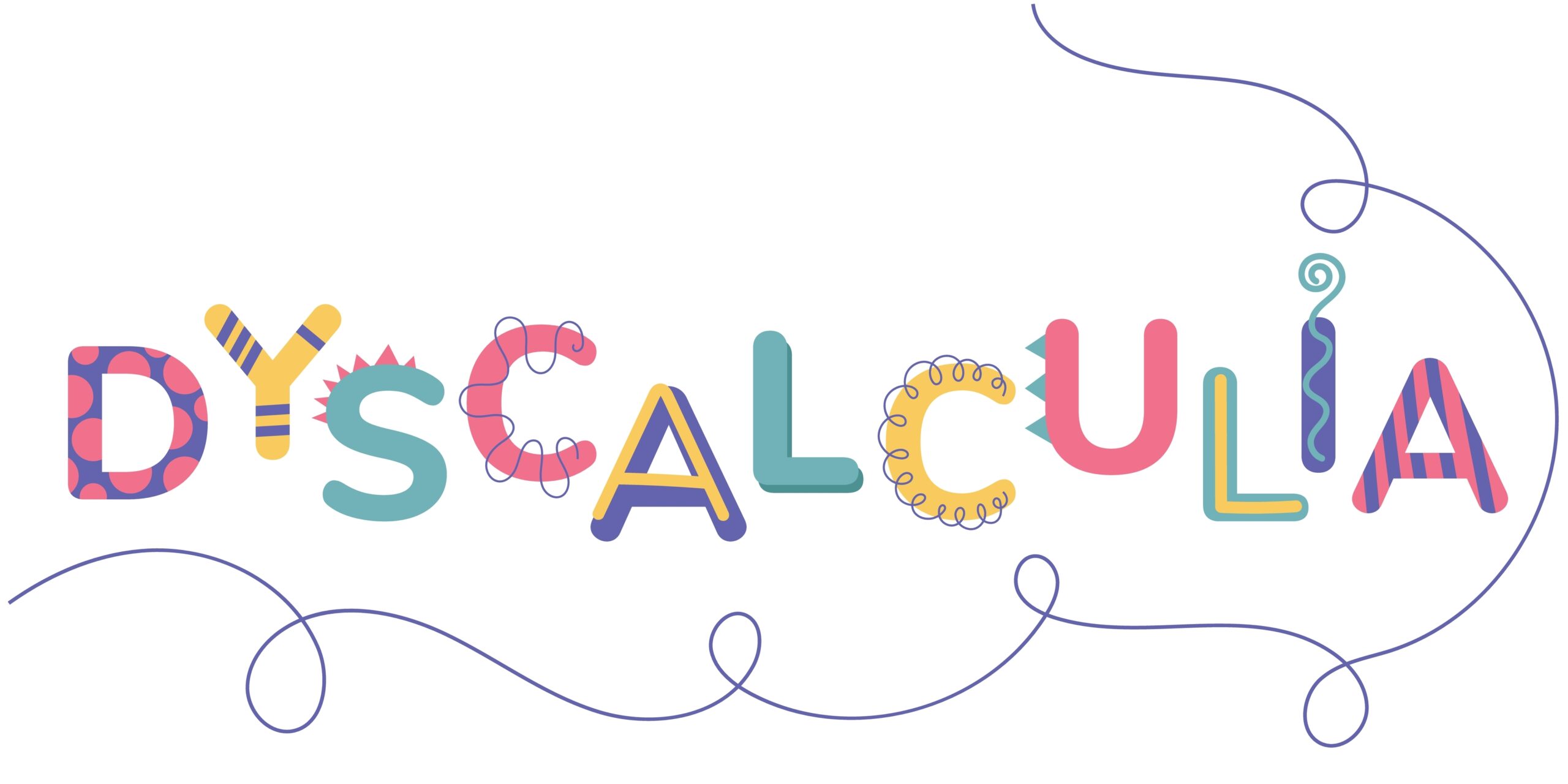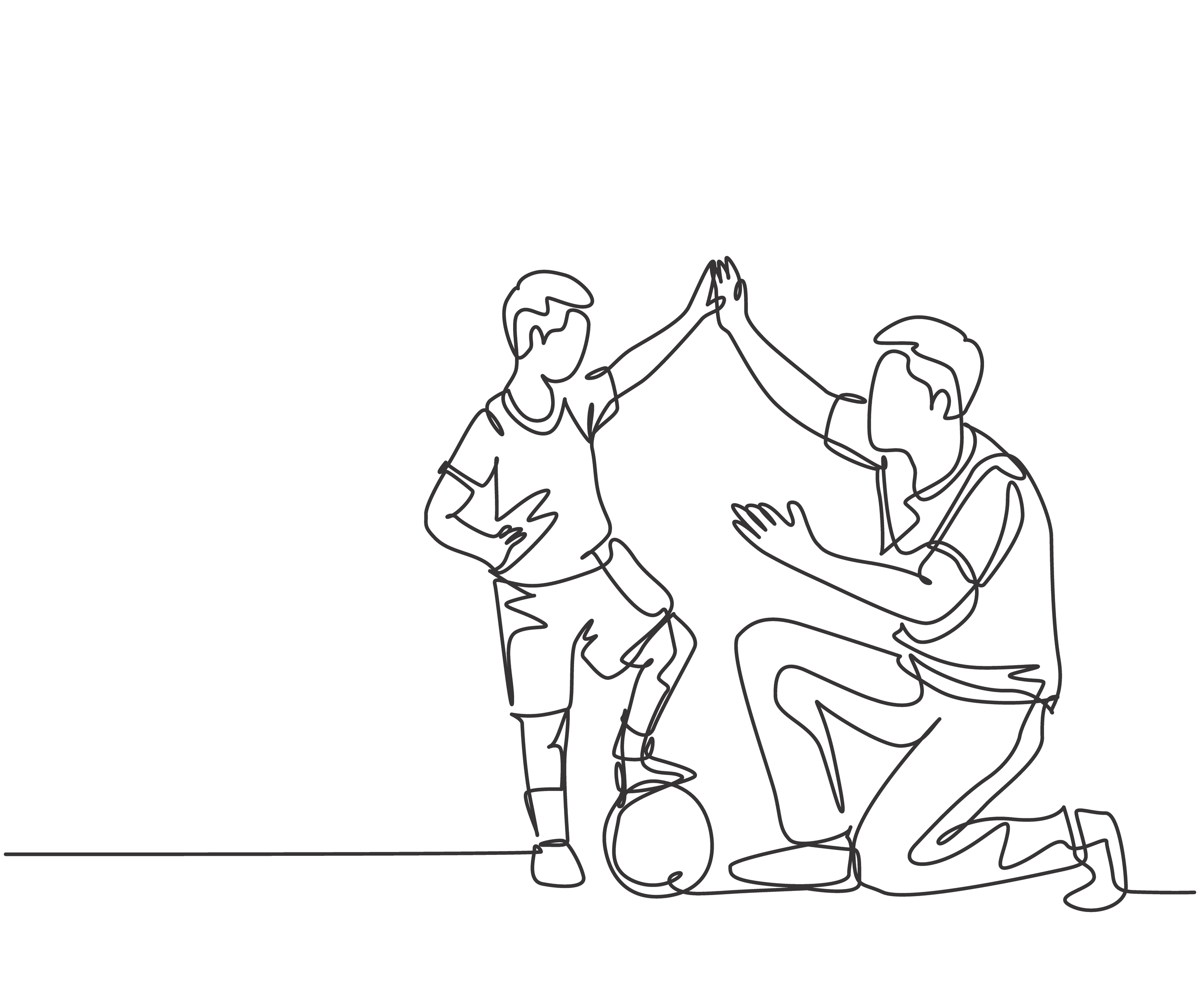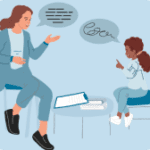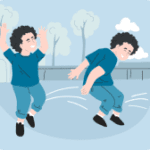Dyscalculia

What is dyscalculia?
Dyscalculia is a specific learning disability that affects a person’s ability to understand and work with numbers. It can manifest as difficulties in grasping mathematical concepts, performing calculations, and reasoning mathematically. Individuals with dyscalculia may struggle with understanding quantity, making sense of math symbols, and applying mathematical strategies to solve problems.
What are the signs and symptoms of dyscalculia?
Signs of dyscalculia can vary but often include persistent difficulty with basic arithmetic operations (addition, subtraction, multiplication, division), trouble telling time, problems with understanding and using number lines, and difficulty recognising patterns in numbers. Other symptoms may include anxiety related to math, slow progress in learning math concepts, and difficulty following sequences in math-related processes.
How is dyscalculia diagnosed?
Diagnosing dyscalculia typically involves a comprehensive evaluation by a qualified professional, such as a psychologist or educational specialist. This assessment may include a review of the individual’s academic history, standardized testing to assess mathematical ability, and observation of the individual’s mathematical reasoning skills in various contexts.
What are effective strategies for teaching children with dyscalculia?
Effective strategies for teaching children with dyscalculia include using visual aids and manipulatives to represent mathematical concepts, incorporating real-life examples to make math relatable, breaking down tasks into smaller, manageable steps, and providing ample time for practice. Additionally, using technology, such as educational apps, can engage students and reinforce learning in a supportive environment.
How can parents support their child with dyscalculia at home?
Parents can support their child by providing a calm and encouraging atmosphere for learning. Engaging in games that involve numbers, such as board games or card games that require counting, can help reinforce math skills in a fun way. It’s also important for parents to celebrate small achievements, maintain open communication about learning challenges, and advocate for necessary accommodations at school.
Are there accommodations available for students with dyscalculia in school?
Yes, students with dyscalculia may benefit from various accommodations in school, which could include extended time on tests, access to calculators or math software, or modified assignments that simplify the learning requirements. Individualized education programs (IEPs) or 504 plans can also provide specific strategies and support tailored to meet the needs of students with dyscalculia.
Can dyscalculia co-occur with other learning disabilities?
Yes, dyscalculia can often co-occur with other learning disabilities, such as dyslexia or attention deficit hyperactivity disorder (ADHD). This means that a child may experience challenges in multiple areas of learning, which can affect their overall academic performance and self-esteem.
Are there any specific tools or resources that can assist children with dyscalculia?
There are a variety of tools and resources available to assist children with dyscalculia, including specialized software and apps designed to reinforce math skills through interactive exercises. Additionally, there are numerous books and online resources that provide strategies, games, and activities aimed at making math learning more effective for children with dyscalculia.
How can teachers identify students who may have dyscalculia?
Teachers can identify students who may have dyscalculia by observing their performance in math-related tasks and looking for persistent difficulties that are inconsistent with their overall intelligence or potential. Regular assessments, monitoring of progress, and communication with parents regarding their child’s learning challenges can also assist in identifying students who may require further evaluation.
What role can peer support play for students with dyscalculia?
Peer support can be invaluable for students with dyscalculia, as it can foster a sense of belonging and reduce feelings of isolation. Encouraging collaborative learning and group activities where students can share their strengths and help each other can create a positive and supportive learning environment, boosting confidence for those who struggle with math.
What are other parents reading?
When most people think about the senses, the traditional five often come to mind: sight, sound, taste, touch, and smell.
Sensory processing disorder (SPD) often flies under the radar, yet it plays a crucial role in understanding the complexities of
Sensory Processing Disorder (SPD) is a complex condition that manifests in various ways, depending on how individuals process sensory information.
Find a Therapist
Find the physical therapist, occupational therapist, or speech language pathologist you are looking for!
Ask Us Anything
Whether you are looking for advice, have a general question about sensory processing, or are looking for resources - we are here to help!
Ask Us Anything
Submit Your Story
Share your story about your child. Let’s celebrate milestones and learn more about challenges.












 Speech Therapy
Speech Therapy Physical Therapy
Physical Therapy Occupational Therapy
Occupational Therapy
